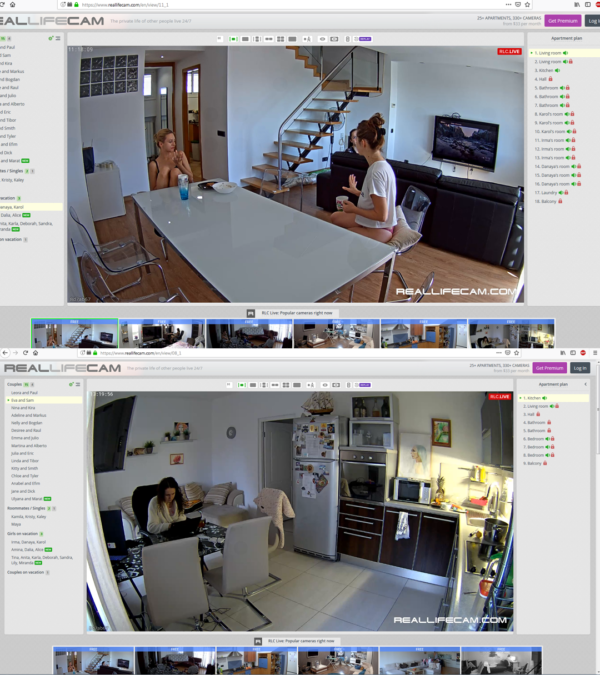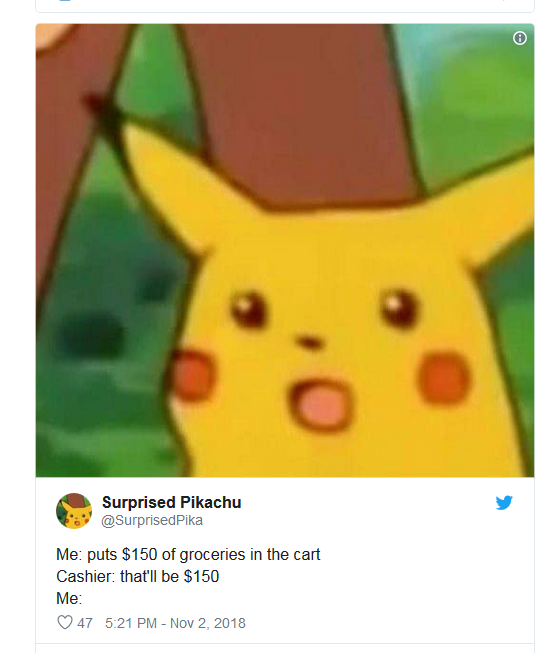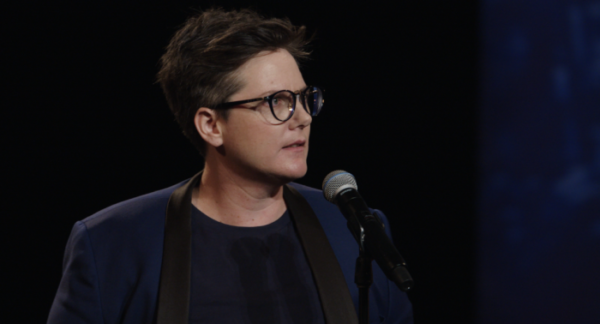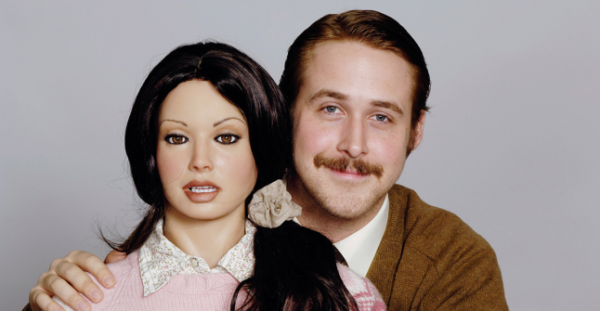Derk Over is a creator interested in the fantasies that we create for ourselves. Derk was our image editor in November and shared multiple types of fantasies and expressions. These are the images he encountered this month and he’d like to share with you:

“The sexual voyeur website “RealLifeCam.com” hosts 25 apartments that are hooked up with camera’s in every room. In just one click you can fly from the kitchen to the living room or to the bedroom.
The site wants to show “real life”. These people go to work, they argue and they have sex. Over time, you create fictional and intimate story lines in your head about the people you’ve been watching. Almost as if you have become part of their relationship.
Who would voluntarily let themselves be watched 24/7? By 10 camera’s at the same time? Should we regard these people as prisoners? Or does their total disregard for privacy set them free? It seems they have passed beyond what anyone thinks of them. Entirely comfortable, in the eye of the storm.”
Check it out via: https://www.reallifecam.com/en/view/08_1

“It has been an incredibly popular end of the year for Pikachu, the yellow pokemon that hasn’t gone out of fashion over the last 12 years! Recently he not only starred in a Twitter meme, but also in his own live-action movie : Pokémon Detective Pikachu.
The Twitter meme “Surprised Pikachu” is particularly interesting. The meme is about doing things, even though you know they are going to backfire, and acting surprised afterwards when that eventually happens.
You grab something out of the oven with bare hands and act surprised that you get burned. You reject people in your life and act surprised when they leave you.
This meme falls a bit under the cluster of “existential memes”, where we mock our own shortcomings as functional adults, faking our way through society. It makes fun of the fact that we constantly (and knowingly) make the same mistakes, but are either too lazy or too unwilling to do anything about it. Pikachu’s face represents the delusion that we always need to fit in, and invites us to not always be so hard on ourselves.
“Existential memes” are an incredibly good development in my opinion. Firstly, it makes fun of the dark internal dialogue that can arise in your head during stressful situations. “I am worthless”, “I hate where my life is right now.” “This dark feeling is never going to go away”. Existential memes brings light to the darkest parts of your mind. They make us feel less alone in our internal struggles, because we laugh about it together.
Secondly, they are a very potent critique toward a society where you have to hide your flaws. Existential and depressing memes popularise our flaws and that which makes us human. Existential memes look for thoughts and situations that connect, rather than separate us. They allow us to be kinder to ourselves and others. Please take a look at my favorite page for existential memes: https://www.facebook.com/groups/sadpuppers420/ “

“I’m following a theatre course and Hannah Gadsby’s Nanette got me thinking about certain theatre formats in the Netherlands and about what it means for me, as a homosexual man, to tell my story through theatre.
Nanette premiered earlier this year and immediately inspired a conversation around gender, sexism, and how the current public debate around these issues is still immature. It is introduced as stand-up, but in the middle of the show entertainment flips into protest.
In the Netherlands, we have stand-up comedians, but just as popular is “cabaret” or “kleinkunst” as it is called in Dutch. These are often a combination of multiple art forms in a theatre format. It offers a more free approach to a quite rigid stand-up routine. What Hannah Gadsby performed with Nanette is a “one-woman-show”. With it’s intense anger, anguish, and quest for sensibility it would fit quite well in the Dutch cabaret tradition.
There has been a tension between stand-up comedy and kleinkunst, since they have a different audience. If the rapid fire comedic timing of stand-up might appeal to you, the cabaret or kleinkunst format might be too long winded for your taste, and vice versa. Hannah Gadsby obviously felt pressured by the format of stand-up, but she relieves this tension to the audience. She also comments on whether minorities should even express their pain through the format of stand-up. She feels that stand-up does not have the flexibility to have minorities explain their stories in a correct way. “Because you have to make a joke with a punchline, you can never tell a story ‘your way’”, she says.
Do you think thats true? Do you think that stand-up stands in the way of true vulnerability on stage?
Do you think that within a stand-up format people can make a hilarious joke, but also a human-to-human connection that will inspire public debate?”

“‘Lars and the real girl’ (2007) is my favorite movie. Lars is a young man, living in a small town in the middle of nowhere. He has social issues that brand him an odd bird. One day he declares to his relatives that he has a girlfriend and he joins them for dinner with a mail-order sex doll. I think this movie shows a beautiful metaphor for fantasies that we all have in regular life. Life as it is is chaotic and incomprehensible. Without our desires, fantasies, goals and illusions we are nowhere.
Lars created a fictional girlfriend so his place in that society would make sense again. His thoughts and actions were so out of place in his environment, that the only way to keep on existing was to dive head deep into a fantasy where he was not so strange. The movie premise (guy falls in love with a sex-doll) makes it sound like a comedy, but the movie is at time incredibly tense. Lars’ fantasy is his lifeline to keep alive. The situation is heartbreaking for his family.
By the end of the movie, you will see that the community’s love for Lars triumphs their initial reflex. They start participating with Lars’s fantasy to accommodate him. The small village starts participating in a mass fantasy. They interact with Bianca (the sex doll) to help Lars. Through this mass role play this village also rediscovers itself as a community.”